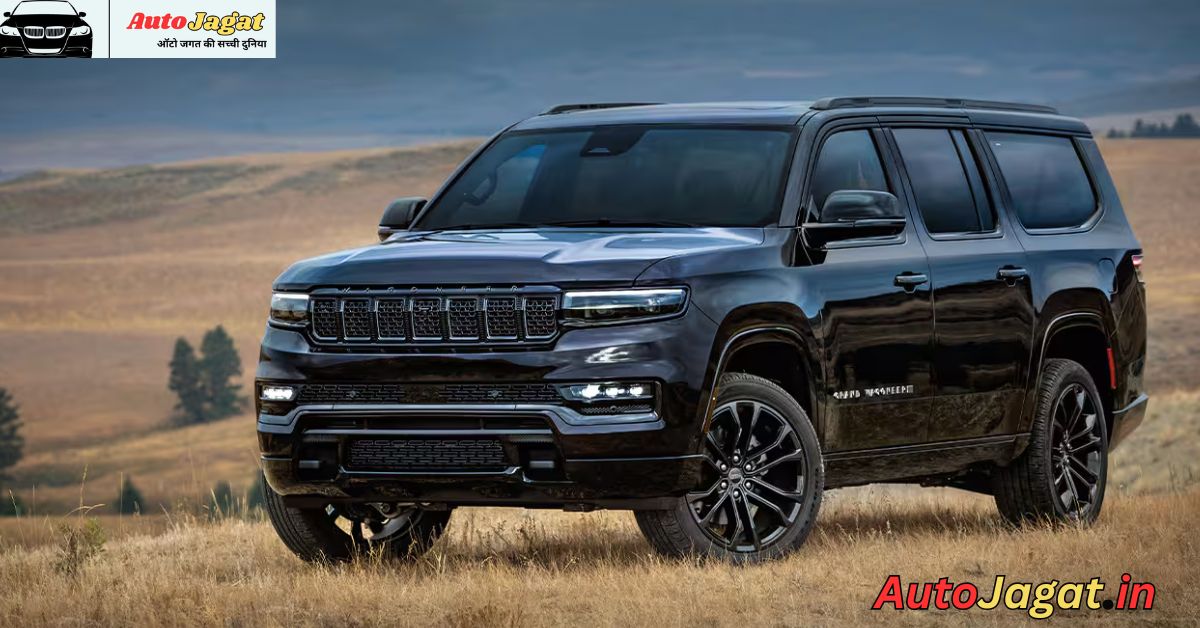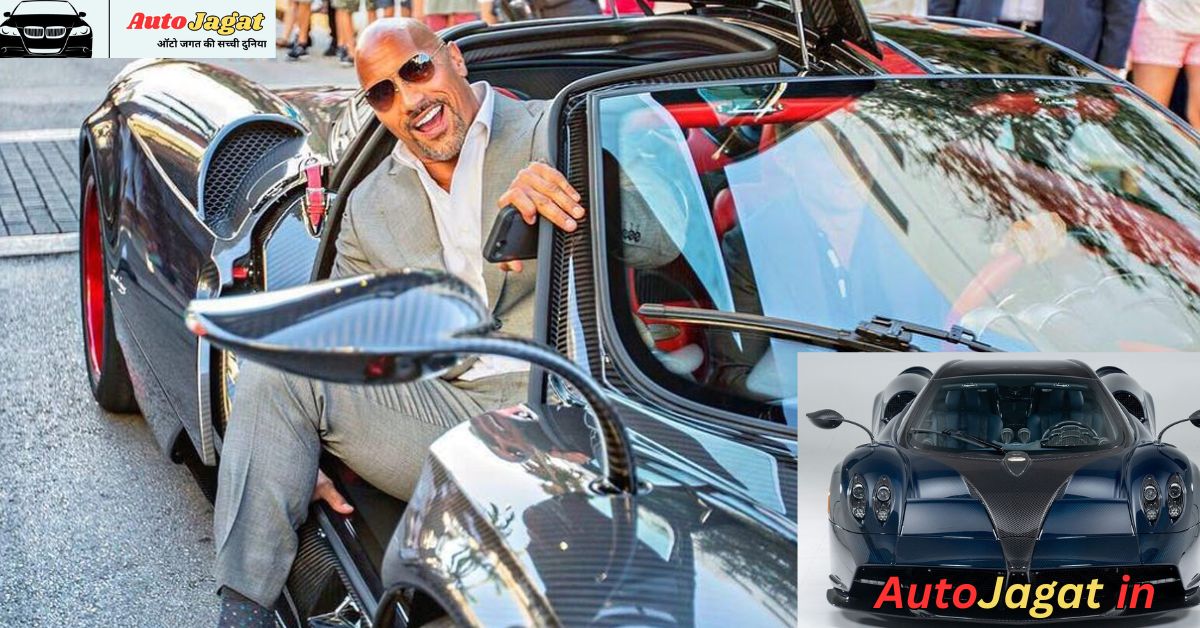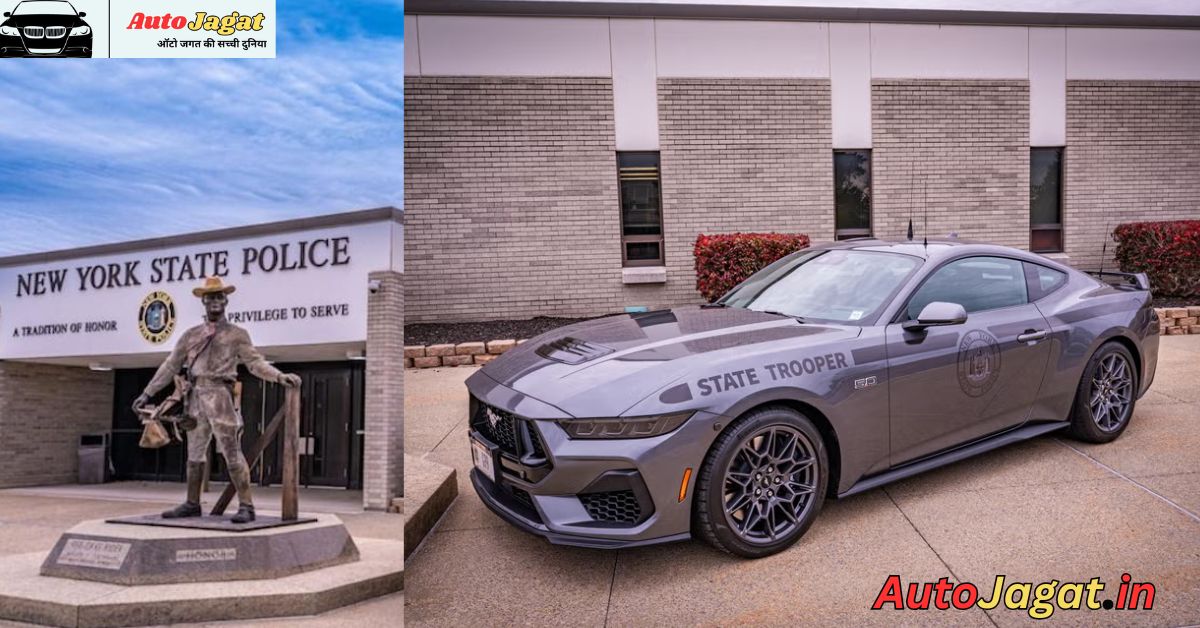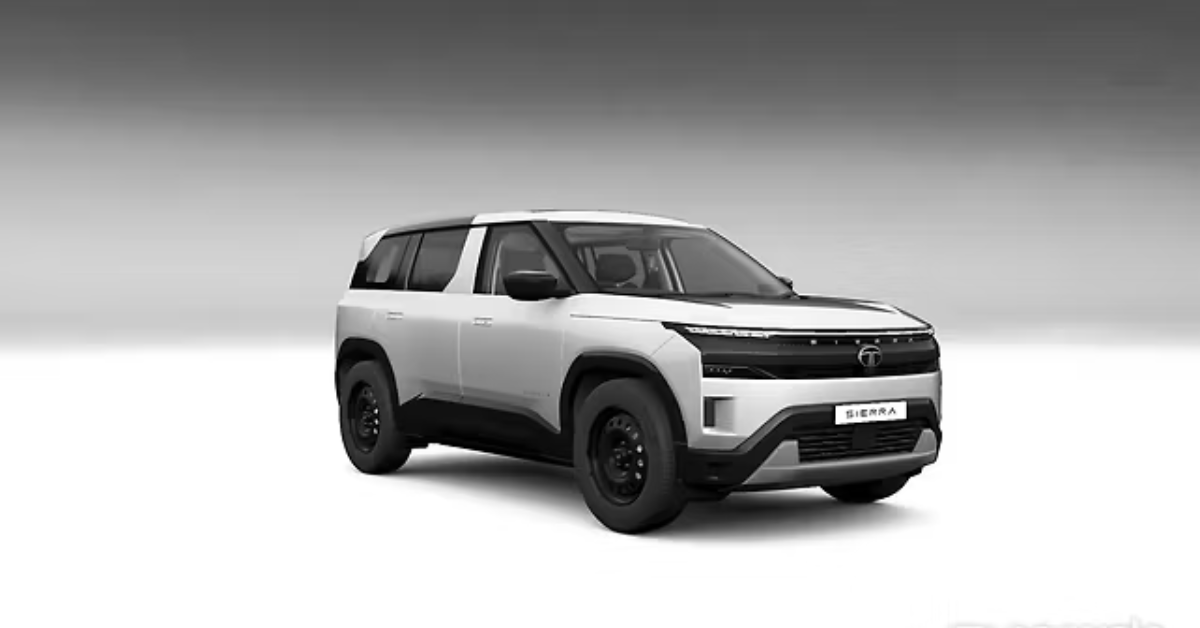India’s automotive industry is undergoing a historic transformation, with electric vehicles (EVs) becoming more than just a trend—they’re fast becoming the future of mobility. While homegrown brands like Tata Motors and Mahindra are pushing budget-friendly EVs, the premium electric car market is also witnessing unprecedented growth. Among luxury automakers, BMW has taken the lead, recently announcing that it has sold over 5,000 electric cars and SUVs in India. This achievement not only marks a milestone for BMW but also signals a broader acceptance of luxury EVs in the country.
BMW’s EV Journey in India
BMW India introduced its first fully electric vehicle in 2021 and has since expanded its portfolio to meet growing demand. Unlike many automakers that are still testing the waters, BMW has been aggressive in its EV strategy.
The company currently offers a diverse range of EVs across different segments, making it one of the few luxury brands with a well-rounded electric portfolio. The i4 sedan, iX SUV, and Mini Cooper SE have all been key contributors to BMW’s success. The automaker has also continued to innovate with models that blend luxury, performance, and sustainability.
Why BMW EVs Are Winning in India
BMW’s success in selling over 5,000 EVs is no accident. Several factors contribute to its growing dominance in the luxury EV segment:
- Premium Design and Brand Value
BMW has always been synonymous with luxury, and its EVs are no different. They appeal to buyers who want sustainability without compromising on elegance and performance. - Strong EV Portfolio
- BMW iX: A futuristic luxury SUV with high-tech features and a long driving range.
- BMW i4: A sporty electric sedan offering both style and efficiency.
- Mini Cooper SE: A compact EV catering to young, urban buyers looking for quirky style and fun-to-drive dynamics.
- Government Push for EVs
With incentives like FAME-II and state subsidies, luxury EVs are becoming more attractive in terms of pricing. - Charging Infrastructure
BMW has invested in building a network of charging stations in partnership with other providers, ensuring its customers have access to reliable charging solutions.
Market Impact of BMW’s 5,000 EV Sales
Selling over 5,000 electric vehicles in India is a remarkable feat for a luxury automaker, especially in a price-sensitive market. This success has several implications:
- Rising Consumer Confidence: It shows that Indian buyers are ready to adopt premium EVs, even with higher upfront costs.
- Luxury EV Leadership: BMW has positioned itself as the leader in India’s luxury EV segment, outpacing rivals like Mercedes-Benz EQ series and Audi e-tron.
- Boost to EV Ecosystem: As more luxury EVs hit the roads, demand for fast-charging infrastructure and green policies will also grow.
Challenges Ahead for BMW and Luxury EVs
While BMW’s milestone is impressive, the journey ahead is not without hurdles.
- High Pricing
Luxury EVs like BMW’s models come with a premium price tag, often above ₹50 lakh, limiting their accessibility to a niche segment. - Range Anxiety
Despite significant improvements in battery technology, many potential buyers remain concerned about the practicality of EVs for long-distance travel. - Competition on the Horizon
Mercedes-Benz, Audi, and Volvo are rapidly expanding their EV portfolios, and new entrants like BYD and Tesla are also eyeing the Indian market.
The Road Ahead: What to Expect from BMW EVs
Looking forward, BMW is expected to expand its EV portfolio in India with upcoming models such as:
- BMW i7: A luxury electric sedan designed for those who want the pinnacle of comfort.
- BMW iX1: A more affordable compact luxury EV SUV that could make EV ownership accessible to a larger audience.
BMW is also expected to focus heavily on local assembly, which could help reduce costs and make its EVs more competitive.
Consumer Response: Growing Trust in BMW EVs
Early adopters of BMW EVs in India have praised not only the performance but also the premium ownership experience, which includes access to exclusive charging points, concierge services, and futuristic in-car technology. This positive word-of-mouth has encouraged more buyers to consider EVs from the brand.
Conclusion
BMW’s achievement of crossing 5,000 EV sales in India is more than just a number—it represents a shift in consumer mindset and the beginning of a new era for luxury mobility. With sustainability becoming a global priority, BMW’s EV lineup has struck the right balance between luxury, performance, and eco-friendliness.
As India’s EV adoption accelerates, BMW is well-positioned to lead the luxury segment, inspiring other automakers and giving buyers more reasons to switch to electric.
For those looking for the perfect blend of innovation, design, and green technology, BMW’s electric cars are not just a statement of style—they’re a commitment to the future.





